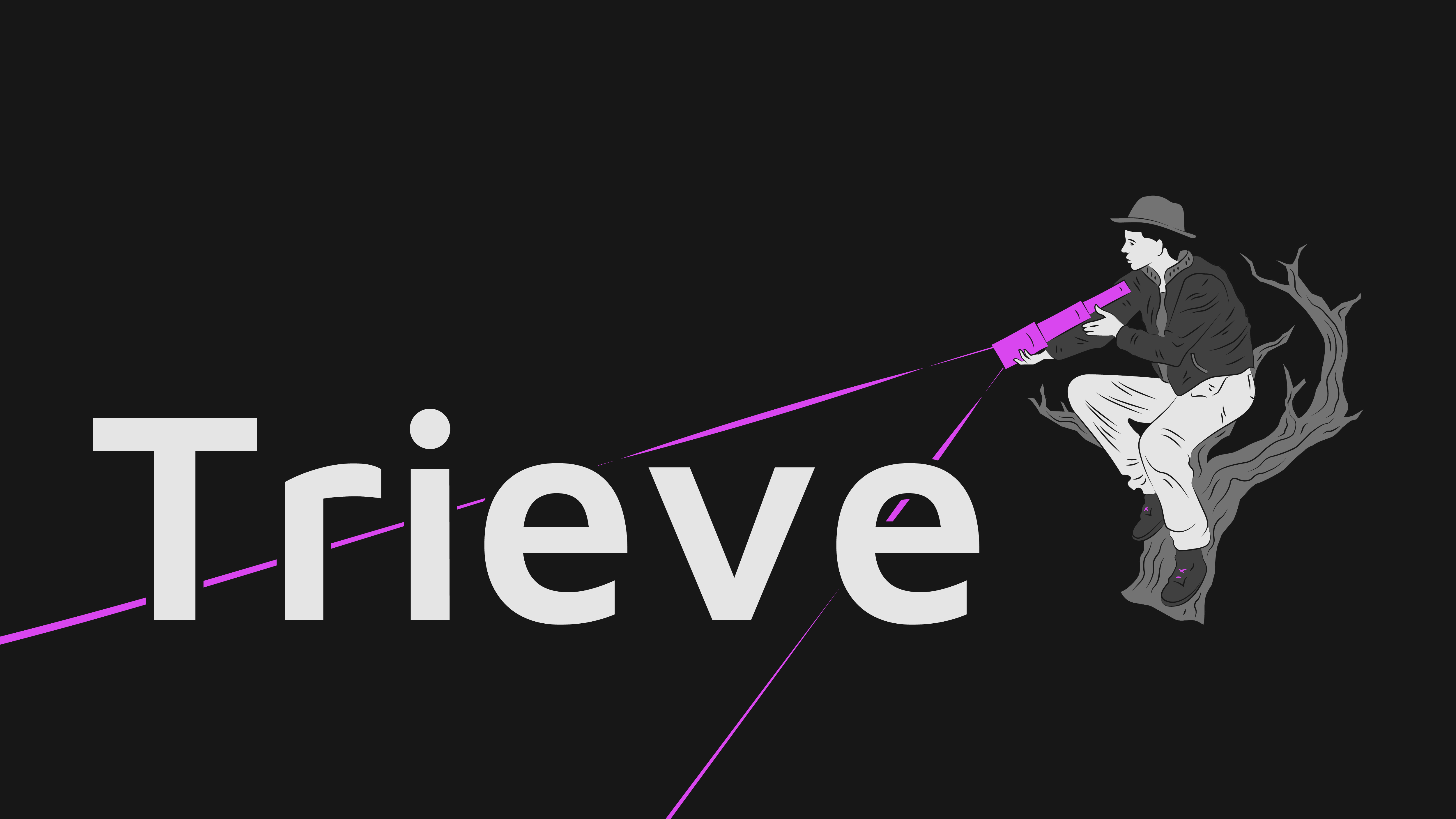🔎 Trieve
Trieve (Code) builds AI search infrastructure for applications – a small startup punching above it's weight!

Trieve isn't free software (it's licensed under the Business Source License) but it is open source , as you can see the source, and you can even improve it, file issues, and run it yourself (under certain restrictions).
That said, If you're looking to build AI search for your business or application, it might be worth giving Trieve a try, and checking out what they do well along with their feature set. While you can't start a business or create non-open-source derivative works, it's still some pretty impressive tech!
Here's a comparison they have up with Algolia (which has also pivoted somewaht to AI-powered search)

🌠 Features
Trieve has a lot of features, and while
- Plug and play Retrieval Augmented Generation ("RAG") search with the power of AI
- Built in Rust & Typescript (can't ask for better languages for high quality code!)
- Support for Postgres as a backend (we're a bit biased towards Postgres, here at AWSMFOSS)
- Really low open/closed GitHub Issue ratio
- Small, scrappy startup which is moving fast, and ready to innovate
🤖 As described by AI
Trieve is a source-available infrastructure designed for enterprise search teams, integrating search language models with tools for human fine-tuning. This innovative platform aims to enhance search capabilities by combining the latest advancements in artificial intelligence with practical tools for customization, thereby catering to the specific needs of businesses seeking to improve their search functionality.
Trieve is designed to improve enterprise search by combining AI search models with human tuning tools, making it easier for businesses to customize their search systems to better meet their needs. It's open to developers for customization, meaning it can adapt to various data types and search requirements as a business evolves. This practical approach aims to enhance search accuracy and user satisfaction by leveraging AI while keeping human insights in the loop for fine-tuning.
📺 Watch this
If you're new to the AI space (and maybe even the search space), check out this video from Stanford on the Retrieval Augmented Generation method:
👟 Getting started
Unfortunately Trieve is not very easy to get started with locally – the README is very detailed, but has a ton of steps, copying files and what not.
Of course, you also need to obtain an API key to an LLM before you can do any work with trieve, so the first step is to get that.
Once you have that, you have to make your way through the README and figure out how to install all the toolchain required to actually run the service. Unfortunately they also don't have a Dockerfile or published docker images, although there is a docker-compose.yml file, it's more for backing services (of which there are a lot).
It's actually quite hard to get started with Trieve, and hopefully this isn't on purpose, but we look forward to updating this review when their getting started guide is a bit easier.
That said, if you're ready to endure a little pain to try out their system:
🧑💻 Want to contribute?
One great thing about the trieve project is that it's very active! The issue tracker also seems to be well cared for/managed and work is progressing quickly.
Clearly Trieve is moving fast and breaking things – if you're interested in trying it out, get in there and get your hands dirty!



